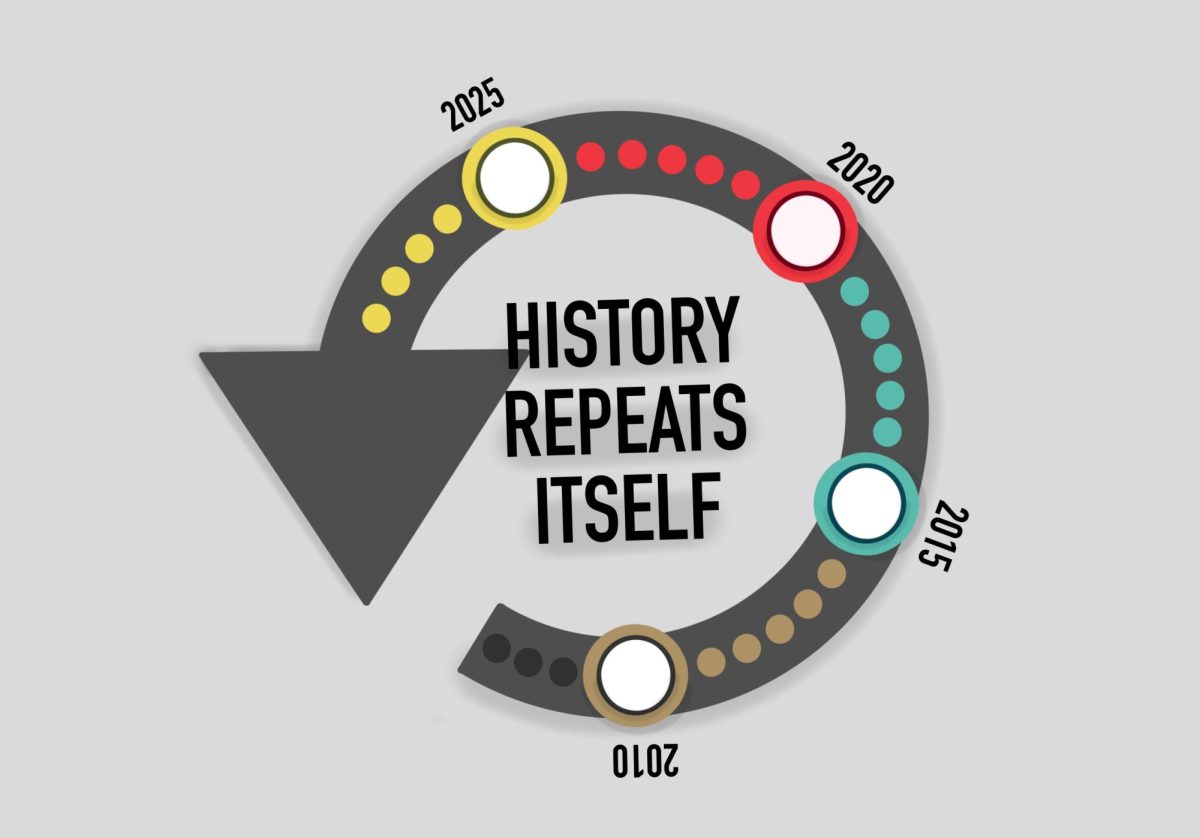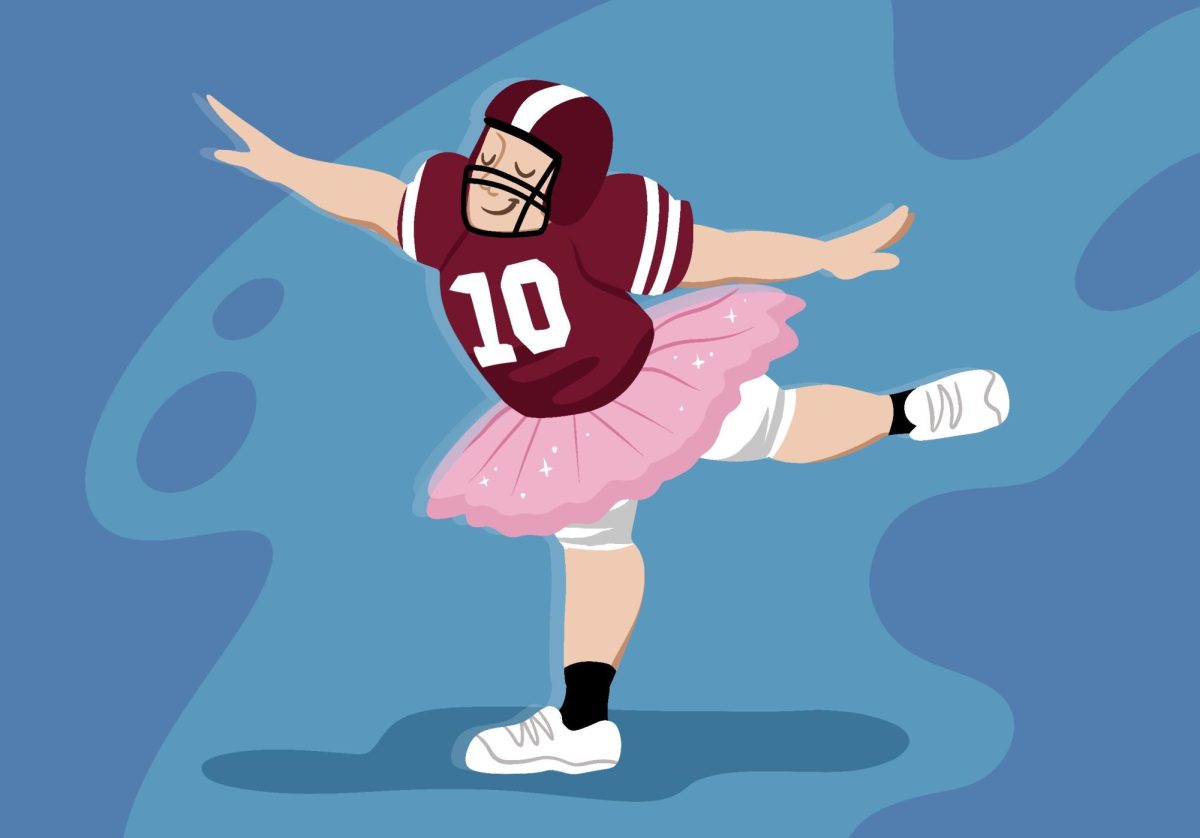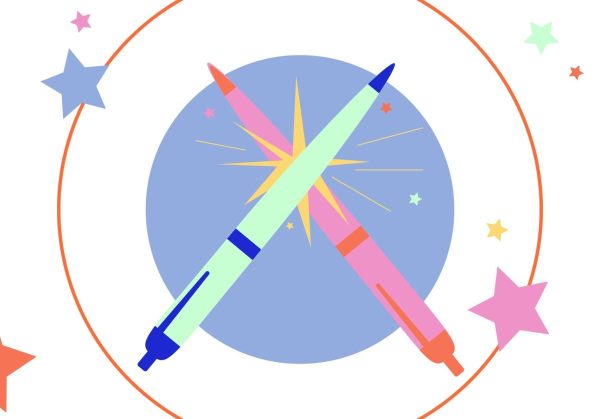It’s 2087. The world is on the brink of annihilation. Climate change has treated us well in the Twin Cities and we no longer have to avoid ice cream in the winter. What we lost in lakes, we made up for in palm trees and outdoor weightlifting gyms. It’s beginning to feel overpopulated. Many have flocked here from the West Coast; it’s so hot that the only people who live there now are those immune to skin cancer and people who go to Burning Man.
Eventually, we are forced underground due to a culmination of rising temperatures, increasing geopolitical hostility and a ravenous colony of mutated meerkats who thrive in the sun. As the world above becomes a wasteland, you and your friend are arguing about who directed the movie Spaceballs, an ancient comedy. Was it Mel Gibson or Brooks Koepka? You can’t look it up, as every book or physical recording of our species’ history has caught on fire and IMDb is no longer a thing. You turn to the archives of information you and everybody else left in the world has: Wikipedia.
But you can’t get into the website. You’re blocked by a paywall and the disaster has erased any need for currency. The Wikipedia engineers forgot to disable the paywall they created after Ethos Capital, the private equity firm which bought the .org domain from the Internet Society and Public Internet Registry in Nov. 2019, raised the domain’s registration fees to a point where Wikipedia could no longer rely on its free, collaborative approach to information that kept itself financially afloat. The history of the human race, all of its culture, art and beauty, is stuck behind a window asking if you’d like to become a Wikipedian for only $4.99 a month.
You reminisce about the website. At one point, it was the most popular reference in the World Wide Web. It had nearly 50 million pages in 309 languages. It even had a cookbook. As a student, you remembered reading the Wikipedia summary of nearly every book assigned in your classical literature class, rather than actually reading the work. You remember hearing teachers repeatedly say you can’t cite Wikipedia in your essays, but using the sources at the bottom of the page was “totally cool.”
It was an amazing thing, Wikipedia. Unlimited knowledge at your fingertips, and you regret not donating a few bucks whenever they asked for money. You wish Wikipedia would go back to the way it was before the .org domain, the internet domain used primarily for non-profits, was purchased by a for-profit company. You knew it was a possibility that the private equity firm would raise the registration fee for .org websites, and that third-parties would have higher capabilities of restricting these sites. But it didn’t matter, as we were consumed by non-stop news coverage of Donald J. Trump, the country’s first orange president.
Not only was Wikipedia an indispensable source of information, but it was also a case study in the collaborative sourcing of history. People from all over the world with different ideologies and perspectives contributed or contested information on the website in order to successfully achieve accuracy. The encyclopedia which gave free access to everyone with an internet connection slowly had to restrict its user base to those who could afford it. If we had done something to raise awareness of this massive change affecting our online freedom, then maybe Wikipedia, the Bran Stark and Book of Eli of our world, could show me who directed Spaceballs.














